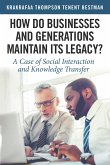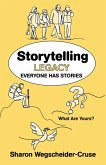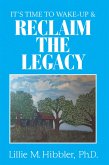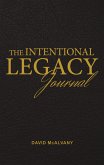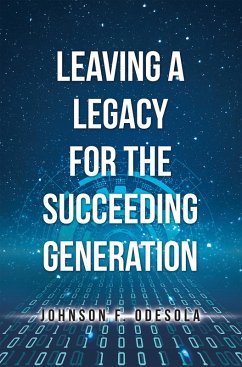"Digital Legacy: How to Manage Your Online Presence After Death" is a book written to address the needs of people over 50 who are faced with managing their digital legacy. In an age when most of our daily activities take place online, it is becoming increasingly important to plan the management of one's personal data and digital profiles for the future.
The book provides a comprehensive overview of the major online services and risks involved in managing one's personal data, with practical advice on how to organize passwords, digital documents, and social profiles. It also offers tips on how to write an online will, how to appoint a digital executor, and how to plan for deletion of one's accounts.
The chapter on managing social profiles after death explores the deletion policies of major social networks and provides tips on how to safely and permanently delete one's profiles. The section on digital identity risks offers advice on how to protect one's personal information and how to avoid online scams.
The book also provides tips on how to store and share one's media files, how to organize one's photos and videos, and how to grant access to one's files to one's heirs. A chapter is devoted to copyrights in the digital world, with tips on how to protect one's works and how to bequeath one's copyrights.
The book also provides tips on how to protect one's online data from unauthorized access or catastrophic events such as fire or flood. The section on cultural and legal differences in managing digital legacies in different countries around the world provides a global perspective on an issue that affects more and more people.
Finally, the book explores future trends and challenges in digital legacy, with an overview of new technologies such as artificial intelligence and blockchain. The Big Digital Legacy Handbook is a comprehensive and practical tool for anyone who wants to responsibly manage their online presence after death.
Johnathan Sterling is a technology and privacy expert with extensive experience in helping people protect their digital information. He has worked as a consultant for technology companies and has written numerous articles and guides on the topic of online privacy. Johnathan has a bachelor's degree in Computer Science and a major in cybersecurity. When not at work, Johnathan enjoys spending time in nature, hiking, and reading science fiction books.
The book provides a comprehensive overview of the major online services and risks involved in managing one's personal data, with practical advice on how to organize passwords, digital documents, and social profiles. It also offers tips on how to write an online will, how to appoint a digital executor, and how to plan for deletion of one's accounts.
The chapter on managing social profiles after death explores the deletion policies of major social networks and provides tips on how to safely and permanently delete one's profiles. The section on digital identity risks offers advice on how to protect one's personal information and how to avoid online scams.
The book also provides tips on how to store and share one's media files, how to organize one's photos and videos, and how to grant access to one's files to one's heirs. A chapter is devoted to copyrights in the digital world, with tips on how to protect one's works and how to bequeath one's copyrights.
The book also provides tips on how to protect one's online data from unauthorized access or catastrophic events such as fire or flood. The section on cultural and legal differences in managing digital legacies in different countries around the world provides a global perspective on an issue that affects more and more people.
Finally, the book explores future trends and challenges in digital legacy, with an overview of new technologies such as artificial intelligence and blockchain. The Big Digital Legacy Handbook is a comprehensive and practical tool for anyone who wants to responsibly manage their online presence after death.
Johnathan Sterling is a technology and privacy expert with extensive experience in helping people protect their digital information. He has worked as a consultant for technology companies and has written numerous articles and guides on the topic of online privacy. Johnathan has a bachelor's degree in Computer Science and a major in cybersecurity. When not at work, Johnathan enjoys spending time in nature, hiking, and reading science fiction books.




